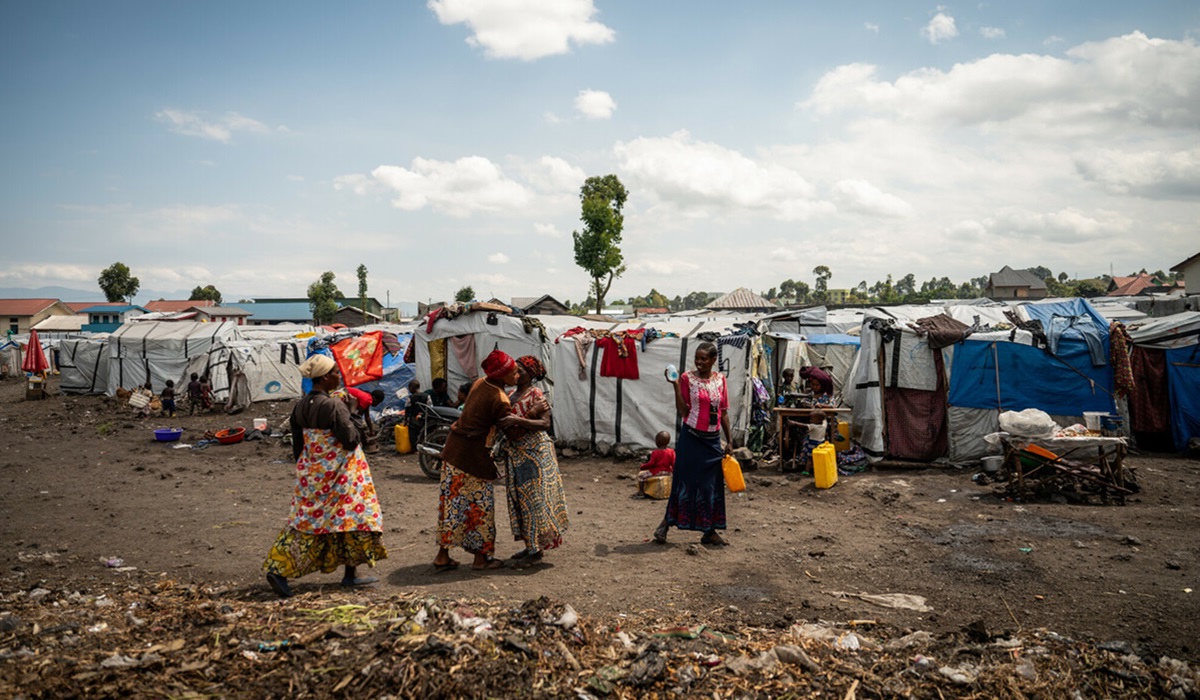Image Credit, NRC
For the second year running, Burkina Faso has been named the world’s most neglected displacement crisis, according to a recent report by the Norwegian Refugee Council (NRC). This alarming status is attributed to a chronic lack of humanitarian funding, minimal media coverage, and insufficient international political and diplomatic engagement, all of which continue to exacerbate the suffering of the displaced population.
The NRC’s report aims to shine a light on these overlooked crises and galvanize international action, listing ten of the most neglected displacement crises. Burkina Faso, Cameroon, the Democratic Republic of Congo, Mali, and Niger occupy the top spots, with Cameroon holding the second position consistently since 2018. This year marks the first time all three central Sahel countries are among the top five. Other countries on the list include Honduras, South Sudan, the Central African Republic, Chad, and Sudan.
Jan Egeland, Secretary General of the NRC, highlighted the gravity of the situation, stating, “The utter neglect of displaced people has become the new normal. The local political and military elites disregard the suffering they cause, and the world is neither shocked nor compelled to act by stories of desperation and record-breaking statistics. We need a global reboot of solidarity and a refocus on where needs are greatest.”
The report indicates a disturbing trend where the level of neglect has deepened across all measured criteria. Humanitarian funding shortfalls are particularly acute, with a $32 billion gap between what is needed and what has been received in 2023, up $10 billion from the previous year. This shortfall means that 57% of humanitarian needs remain unmet.
In Burkina Faso, the situation continues to deteriorate. Violence in 2023 resulted in more deaths and displacements than any previous year since the conflict began in 2019. Up to two million people are now trapped in 39 blockaded towns, severely restricting access to aid.
Asseta, a displaced mother now living in Kongoussi, north Burkina Faso, described the dire conditions: “We have not received any assistance for a long, long time. In periods like this, when we do not have anything else to cook, I go and pick leaves and boil them in water. This pot will feed more than 10 people in my family. This week we have only eaten leaves most days.”
The logistical challenges of delivering aid to those in need are immense. Roadways are perilous due to frequent attacks, and the limited air services available are prohibitively expensive and insufficient to meet the scale of the needs.
Egeland emphasized the urgency of increased international involvement, both in terms of funding and diplomatic efforts. “We urgently need investment for the world’s most neglected crises. These investments must be made both in the form of diplomatic initiatives to get warring parties to come to the negotiating table, as well as funding commensurate with needs from donor countries,” he said. “Critically, we need those economies not contributing their fair share of global solidarity to step up.”
The report underscores the importance of continued global awareness and action to address these crises, highlighting that significant improvements in funding and diplomatic efforts are crucial to alleviating the suffering of millions of displaced people around the world.









